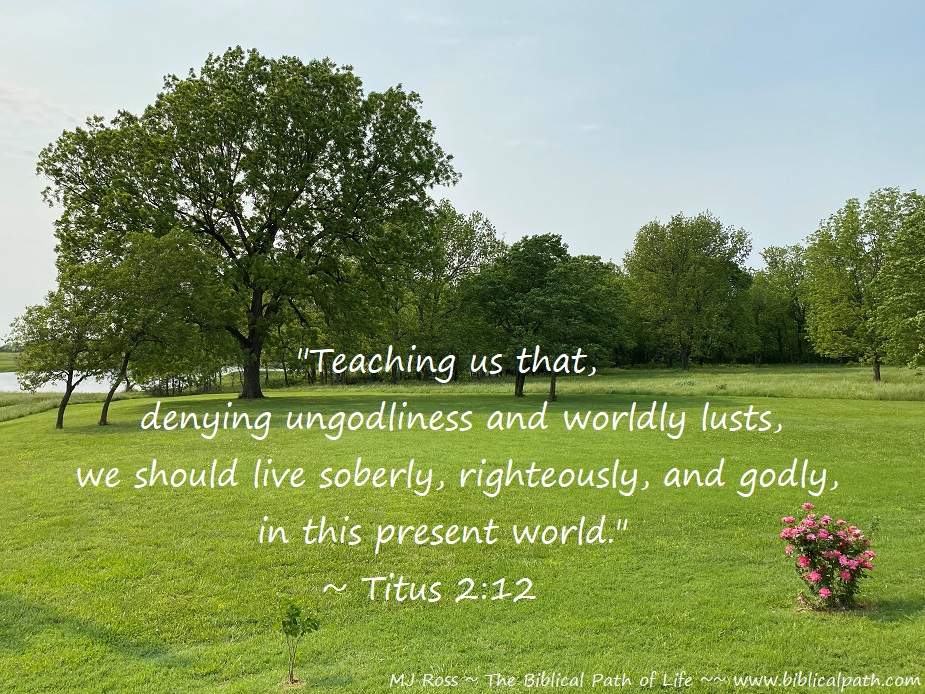
Key Verse
Ye also, as lively stones, are built up a spiritual house, an holy priesthood, to offer up spiritual sacrifices, acceptable to God by Jesus Christ.
—1 Peter 2:5
Key Verse Thought: Read today’s Key Verse. As you read this verse, understand it better with the following definitions:
- Lively stones means “to live as Christians”
- Spiritual house means “spoken of things in a higher and spiritual sense, not literal, as in: Christians as the spiritual house or temple of God”
- Holy priesthood means “referring to all Christians who are said to offer spiritual sacrifices”
- Spiritual sacrifices means “spoken of things in a higher and spiritual sense, not literal, as in Christians in their service, obedience, praise offered to God; an offering or oblation (see Romans 12:1 and Hebrews 13:15-16)”
In this lesson, we will learn how to become “lively stones”.
Emphasis: In this lesson, we are to remember the hope we have in Jesus that allows us to become “lively stones”, living a Christ-like life: no longer living in the flesh, but according to the will of God. We are to know Christians must learn to think and act discreetly, using sound judgment and become self-disciplined – in order to resist the devil, for he wants to destroy Christians.
Lesson Summary: Peter was one of Jesus’ twelve disciples. He became a great leader in establishing the church after Jesus’ ascension. He wrote this letter to the Jewish Christians who scattered during persecutions.
Peter began by reminding them of what Jesus had done by his life, death, and resurrection, which gave all Christians a “lively hope”: the assurance of salvation and eternal life in heaven. Because of that “lively hope”, Peter taught Christians not only how to be holy, but to become “lively stones”: just how to live as Christians. He then called upon Christians, as dearly beloved, teaching them how to live: as citizens, employees, in sufferings, with spouses, and in fellowship with other believers, etc. A Christian’s life should be lived so that no one doubts that that one is really a Christian – and in that life, each Christian is a witness for Jesus, leading others into a life with Christ. Peter gave Jesus as our ultimate example, and then gave Noah’s faith as an example from the Old Testament.
Finally, Peter taught to live soberly: to think and act soberly, discreetly, and to use sound judgment and moderation; to be self-disciplined. By standing fast in our faith, living soberly, Christians are enabled to resist the devil, our adversary. And God promised to help.
Y3Q4 – Lesson 7 Questions
Y3Q4 – Lesson 7 Children’s Worksheets
If you are teaching this lesson to younger children, the following is a craft idea to help them remember this lesson:

We decorated a paper with Noah’s Ark Stickers remembering Noah’s faith as an example from the Old Testament given in 1 Peter 3 .
The Biblical Path of Life – Year Three, Quarter Four is available through Amazon.








